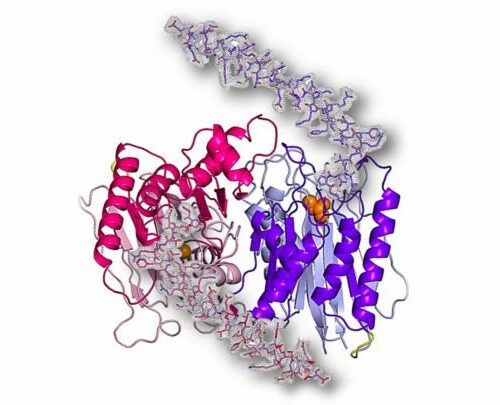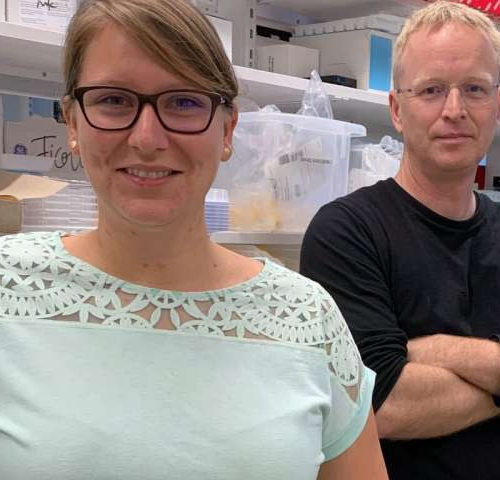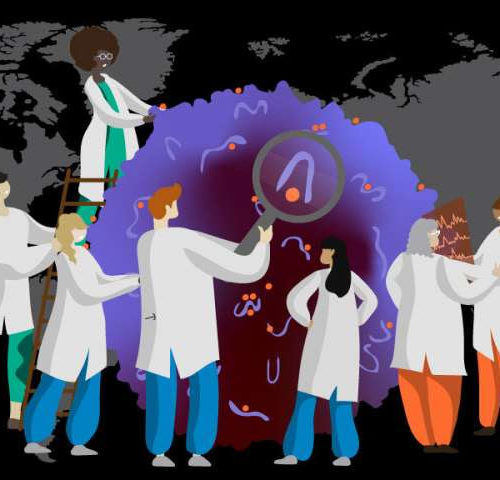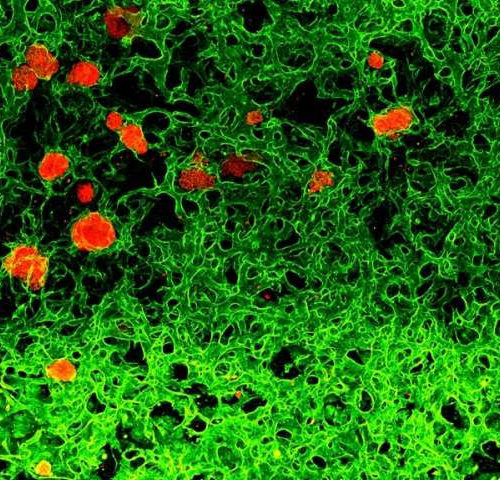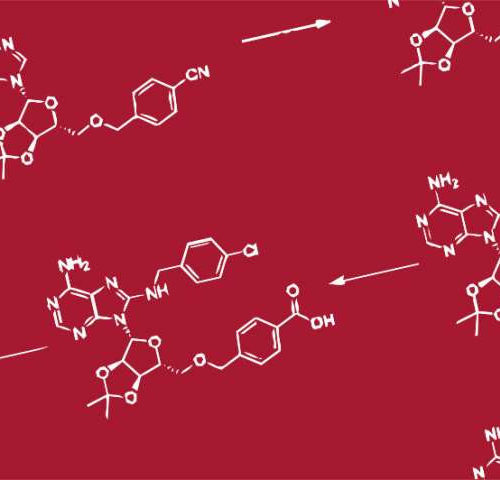Using Argonne National Laboratory’s Advanced Photon Source, researchers have determined the structure of an enzyme that plays a key role in the spread of cancer cells. Chances are, every one of us has been affected by cancer in one way or another. Unlike some other deadly diseases, cancer can take many forms inside the human...
Tag: <span>cancer treatments</span>
AI outperforms humans in creating cancer treatments, but do doctors trust it?
by University Health Network Credit: CC0 Public Domain The impact of deploying Artificial Intelligence (AI) for radiation cancer therapy in a real-world clinical setting has been tested by Princess Margaret researchers in a unique study involving physicians and their patients. A team of researchers directly compared physician evaluations of radiation treatments generated by an AI machine learning (ML) algorithm to conventional radiation...
Cancer treatments may accelerate cellular aging
WILEY New research indicates that certain anti-cancer therapies may hasten cellular aging, where changes in the DNA of patients may contribute to greater inflammation and fatigue. The findings are published by Wiley early online in CANCER, a peer-reviewed journal of the American Cancer Society. Gene activity is often adjusted during life through epigenetic changes, or physical modifications to...
New type of immunotherapy may pave the way for better cancer treatments
by Karolinska Institutet From left: First author Silke Eisinger and last author Mikael Karlsson from Karolinska Institutet in Sweden. Immunotherapy for cancer has made great advances and many patients can now receive effective treatments that were not available 10 years ago. However, there are certain types of cancer that do not respond to existing immunotherapy. A...
New insights on a common protein could lead to novel cancer treatments
UNIVERSITY OF COLORADO AT BOULDER A new University of Colorado Boulder-led study sheds light on a protein key to controlling how cells grow, proliferate and function and long implicated in tumor development. The findings, published this week in the journal Genes and Development, could lead not only to new therapies for hard-to-treat cancers, but also inform...
Global initiative IDs keys that could unlock better personalized cancer treatments
by Parker Institute for Cancer Immunotherapy International neoantigen initiative Tumor Neoantigen Selection Alliance (TESLA) identifies parameters for cancer vaccine or cell therapy advancement. Neoantigens, tiny markers that arise from cancer mutations, flag cells as cancerous and could be the key to unlocking a new generation of immunotherapies. Targeting the “right” neoantigens—in a cancer vaccine or...
Scientists engineer customized blood vessels to support organ regeneration and identification of cancer treatments
by Cornell University Transplantable human pancreatic islets (red) with integrated network of blood vessels (green) in laboratory dish. A team led by Weill Cornell Medicine scientists has pioneered a method for manufacturing functioning human blood vessels and demonstrated that they can carry blood in lab-grown model organs and tumors. The discovery will enable disease modeling, and...
Scientists enhance new way to overcome resistance to targeted cancer treatments
by Institute of Cancer Research Researchers have enhanced a new method for inhibiting the protein HSP72, known to be important in helping cancer cells survive and resist treatment, which will help scientists move closer to discovering a new cancer drug that targets the protein. Importantly, the scientists have also developed a test to measure how...
A curiosity-driven genetic discovery that should impact cancer treatments
by Trinity College Dublin A team of geneticists with a desire to understand the inner workings of genes implicated in cellular identity has discovered new biological targets that may help devise alternative therapies for cancers that are becoming resistant to existing drugs. First discovered in fruit flies, Polycomb genes were initially studied due to their...
3-D ‘Scaffold’ Map to Help the Search for New Cancer Treatments
Researchers have produced the first three-dimensional (3D) map of a molecular ‘scaffold’ called SgK223, known to play a critical role in the development and spread of aggressive breast, colon and pancreatic cancers. The research was the result of a long-standing collaboration between Walter and Eliza Hall Institute researchers Dr Onisha Patel and Dr Isabelle Lucet...

